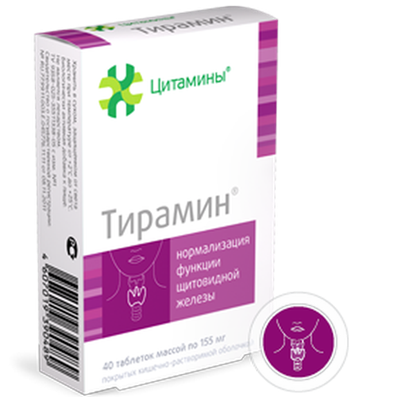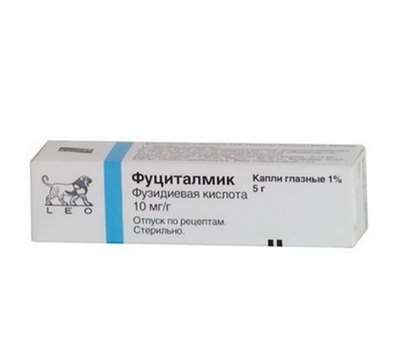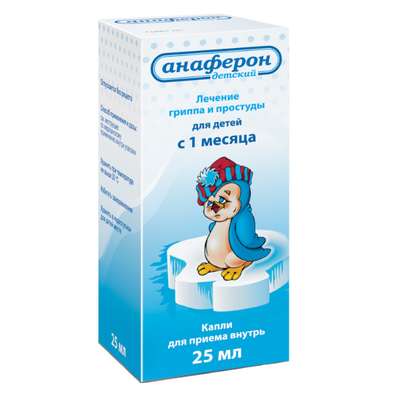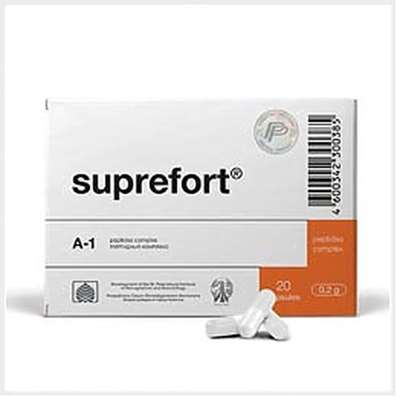Instruction for use: Doppelgerz Nervetotnik
I want this, give me price
Dosage form: elixir
Active substance: Deerslayer perforated herb extract (Hyperici perforati herbae extract)
ATX
A13A Tetanus preparations
Pharmacological groups:
Antidepressants
Sedatives
The nosological classification (ICD-10)
F32.0 Depressive episode of mild degree: Nervous depletion with depression
F32.1 Depressive episode of moderate degree
F39 Mood disturbance [affective], unspecified: Affective disorder; Affective disorders; Dysphoric states; Dysphoric disorder; Psychoemotional Disorder; Affective disorders; Emotional-labile upset; Cyclotimic personality
F41.9 Unspecified anxiety disorder: Neurotic disorders with anxiety syndrome; Severe anxiety; Neurosis-like symptoms; Neuro-like disorders; Neuro-like conditions; Neuroses with anxiety symptoms; Neuroses with a sense of anxiety; Acute situational and stress anxiety; Acute attack of anxiety; Abrupt anxiety; Situational Anxiety Disorder; State of anxiety; Anxious-delirious component; Alarming state; Anxiety; Anxiety Disorders; Anxiety syndrome; Sense of anxiety; Alarm states; Chronic neurotic anxiety; Susto; Psychopathy with a predominance of anxiety and anxiety; Anxiety disorders in neurotic and neurosis-like states; Anxious neuroses; Anxious and delusional state; Acute situational stress alarm; Depressed mood with elements of anxiety
F48.9 Neurotic disorder, unspecified: Neurosis; Secondary neurotic symptom; Other neurotic conditions; Neurosis with increased irritability; Neuroses; Neuroses of all kinds; Neuroses with retardation; Neuroses of the heart; Neurotic disorders in alcoholism; Neurotic disorders with retardation; Neurotic disorders with anxiety syndrome; Neurotic reactions; Neurotic symptoms with alcoholism; Neurotic states; Neurotic syndrome; Neurotic disorder; Attack of neurological dysfunction; School neurosis; Emotional Stress
G90 Disorders of the autonomic nervous system: Angiodystonia; Vasovegative manifestations; Vasomotor dystonia; Vegetative dystonia; Vegetative dysfunction; Vegetative lability; Vegetative-vascular disorders; Vegetative disorders; Vegetosovascular dystonia; Vegeto-vascular dystonia; Vegetovascular disorders; Vegeto-vascular disorders; Dystonia vegetative-vascular; Neurocirculatory dystonia; Neurovegetative disorders; Cardiopsychoneurosis; Neurocirculatory dystonia in hypertensive type; Primary neurovegetative syndrome; Syndrome of vegetative dystonia
R45.1 Anxiety and agitation: Agitation; Anxiety; Explosive excitability; Internal stimulation; Excitability; Excitation; Excitation acute; Psychomotor agitation; Hyperexcitability; Motor excitement; Cessation of psychomotor agitation; Nervous excitement; Restlessness; Night trouble; Acute stage of schizophrenia with excitation; Acute mental agitation; Paroxysm of excitation; Overexcitation; Increased excitability; Increased nervous excitability; Increased emotional and cardiac excitability; Increased agitation; Mental arousal; Psychomotor agitation; Psychomotor agitation in psychoses; Psychomotor agitation of an epileptic nature; Psychomotor paroxysm; Psychomotor fit; Symptoms of Excitation; Symptoms of psychomotor agitation; The state of agitation; A state of anxiety; Excitation status; A state of heightened concern; The state of psychomotor agitation; Conditions of anxiety; Excitation conditions; The state of excitement in somatic diseases; Excitation level; Feelings of anxiety; Emotional arousal
R53 Malfunction and fatigue: Asthenic disorders; Asthenic conditions; Asthenic phenomena; Asthenic syndrome; Asthenic disorder; Asthenic state; Asthenic phenomenon; Asthenia; Astheno-adynamic subdepressive states; Asthenovegetative symptoms; Asthenic-autonomic symptomatology; Asthenic-vegetative disturbance; Asthenoadressive disorder; Astheno-depressive disorder; Asthenodepressive state; Astheno-depressive state; Asthenoneurotic disorder; Astheno-neurotic state; Fast fatiguability; Flu of young workaholics; Influenza yuppie; Diabetic asthenia; Exhaustion of the nervous system; Exhaustion physical; Malaise; Nervous depletion with depression; General mental fatigue; General physical fatigue; General malaise; Pathological fatigue; Increased fatigue; Increased fatigue; Mental fatigue; Mental exhaustion; Mental fatigue; Astenovegetative Syndrome; Chronic Fatigue Syndrome; Decrease in total activity; The state of increased fatigue; Conditions of increased fatigue; Mental fatigue; Prostration; Fatigue; Fatigue; Fatigability; Physical fatigue; Physical and mental fatigue; Physical overwork; Functional asthenic conditions; Chronic fatigue; Chronic asthenic conditions
Compositionand release form
Elixir 100 ml
St. John's wort herb extract 2,084 g
auxiliary substances: cherry liqueur concentrate - 0.573 g; wine liqueur - 101.543 g
in bottles of dark glass for 20 or 250 ml; in a pack of cardboard 1 bottle.
Description of dosage form
The liquid is reddish-brown in color. During storage, a small precipitate or clouding may form.
Characteristic
Means of plant origin.
Pharmachologic effect
Mode of action - antidepressant.
Pharmacodynamics
Has a sedative and antidepressant effect.
The main active substances of St. John's wort have a positive effect on the functional state of the central and autonomic nervous system, which improves mood, increases mental and physical activity, normalizes sleep.
Indications for the Doppelgerz Nervetotinik
psycho-vegetative disorders (accompanied by a decrease in mood, apathy, asthenia);
anxiety and anxiety;
neurotic reactions;
depressive states of mild and moderate severity.
Contraindications
hypersensitivity to the drug;
severe depression (in this case, see a doctor);
photosensitivity when taking St. John's wort preparations in anamnesis;
children under 12 years.
Application in pregnancy and lactation
It is not recommended to take during pregnancy and breastfeeding.
Side effects
Dyspeptic and allergic reactions (rarely), photosensitivity reactions (mainly in light-skinned patients) are possible.
Interaction
The drug activates microsomal oxidation (cytochrome P450), however it should be taken with caution while treating preparations containing digoxin, theophylline, antiasthmatic agents, anticonvulsants, antidepressants (tricyclics, SSRI), antimigraine agents (triptans), cyclosporine, indinavir, reserpine. May intensify the action of funds for general anesthesia and narcotic analgesics (before starting the drug should consult a doctor).
It is not recommended simultaneous administration with MAO inhibitors.
Simultaneous reception of photosensitizing agents may lead to increased photosensitization.
The drug can be used with other psychotropic drugs.
Dosing and Administration
Inside, after meals and before bedtime. 20 ml 3 times a day. The drug should be taken regularly for 6-8 weeks.
If there is no improvement during this time, you should consult your doctor.
Repeated courses are possible after consultation with your doctor.
Overdose
Symptoms: there may be an increase in side effects (if too much of the drug taken). To date, there is no data on cases of poisoning with St. John's wort.
Treatment: withdrawal of the drug, the appointment of activated charcoal. Avoid exposure to sunlight for 1-2 weeks and consult a doctor.
Special instructions
When taking the drug, especially for patients with fair skin, prolonged exposure to sunlight and visits to the solarium should be avoided.
During treatment should refrain from drinking alcoholic beverages (the drug contains alcohol).
Does not affect the speed of response when driving vehicles and mechanisms.
Manufacturer
Kvasser Pharma GmbH & Co. KG. KG, Schleswigerstrasse 74, 24941 Flensburg, Germany.
Storage conditions for Doppelgerz Nervetotnik
In the dark place at a temperature of no higher than 25 ° C.
Keep out of the reach of children.
Shelf life of Doppelgerz Nervetotnik
3 years.
Do not use after the expiry date printed on the package.

 Cart
Cart





